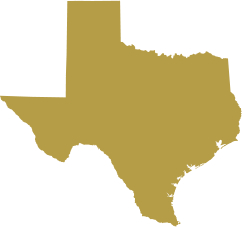In 1993, Chief Judge Judith Kaye established the Jury Project, a statewide jury reform commission, in order to improve the response rate to juror summonses, ensure more representative juror pools, and improve the public’s understanding of jury service. Prior to its reform effort, New York had 26 professional exemptions ranging from judges, lawyers, physicians, and police officers to ministers, podiatrists, optometrists, volunteer firefighters, and Christian Scientists. Remarkably, these exemptions excluded over one million of New York’s citizens from the jury pool and contributed to a shortage of jurors in the 1990s. At that time, New York courts only paid $15 per day to jurors for their service. In December 1995, the New York legislature passed a law expanding juror source lists, eliminating all occupational disqualifications, eliminating all exemptions from jury service, providing for one deferral of jury service as of right and a 800 number to reschedule, simplifying summons enforcement procedures, increasing the juror fee to $40 and abolishing separate reimbursement for transportation costs, requiring employers with over 10 employees to pay the juror-employee’s fee for the first three days, and creating an ombudsman to administer and enforce the law prohibiting employers from penalizing employees who miss work because of jury service. The court also adopted various reforms to increase juror comprehension and public education, and invested significant resources to improve court facilities and services. Following New York’s reform, press reports hailed the increased diversity of the jury pool and the greater willingness of those summoned to serve.
[hide]

